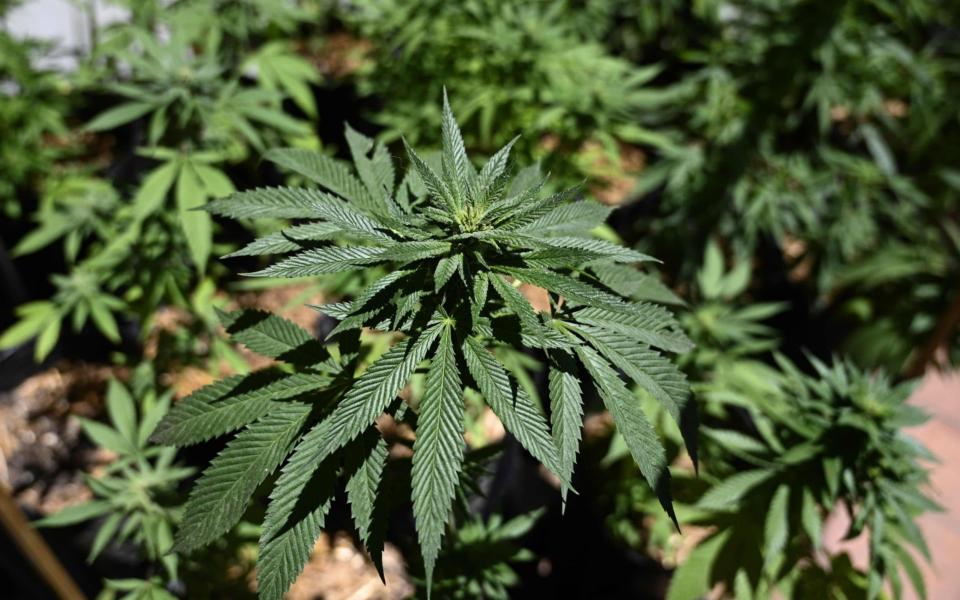US House of Representatives votes to decriminalise cannabis, hurdles remain

The legalisation of cannabis across the US cleared a major hurdle yesterday when the House of Representatives voted to decriminalise the drug, although significant obstacles remain before it can be passed into law.
While recreational cannabis will soon be legal in 15 states and medicinal use allowed in 36, it remains outlawed at a federal level.
As a result, cannabis businesses are denied access to the banking system and, in theory, carrying a small quantity of pot from one state to another is an offence - even if the drug is legal in both.
The Democrat-led House of Representatives backed the change by 228 to 164 in a landmark vote that marked the first time either chamber of Congress had voted on decriminalising cannabis.
However the chances of the US falling into line with Canada, where the drug was legalised two years ago, could depend on the Democrats winning the two outstanding Senate seats in next month's run-off election in Georgia.
Current Senate majority leader, Mitch McConnell, has made little secret of his hostility to the measure, describing it as a "frivolous diversion" from the task of agreeing on a new coronavirus rescue package.
Without Mr McConnell's support, it is unlikely the bill will even be considered in the Senate, even though some Republicans like Rand Paul have spoken out in favour of reform.
But this could change if control changes hands next month. President-elect Joe Biden said on the campaign trail he favoured decriminalising cannabis - but fell short of endorsing full legalisation.
Supporters of changing the law argue that it has been used disproportionately against Black Americans, who are four times more likely to be arrested for possession than their white counterparts.
The House vote was hailed by Democratic congressman, Earl Blumenauer, who has campaigned for change for the last 47 years.
“We’re here because we have failed three generations of Black and Brown young people, whose lives can be ruined, or lost, by selective enforcement of these laws.
"This legislation will end that disaster. It's time for Congress to step up and do its part. We need to catch up with the rest of the American people.”

